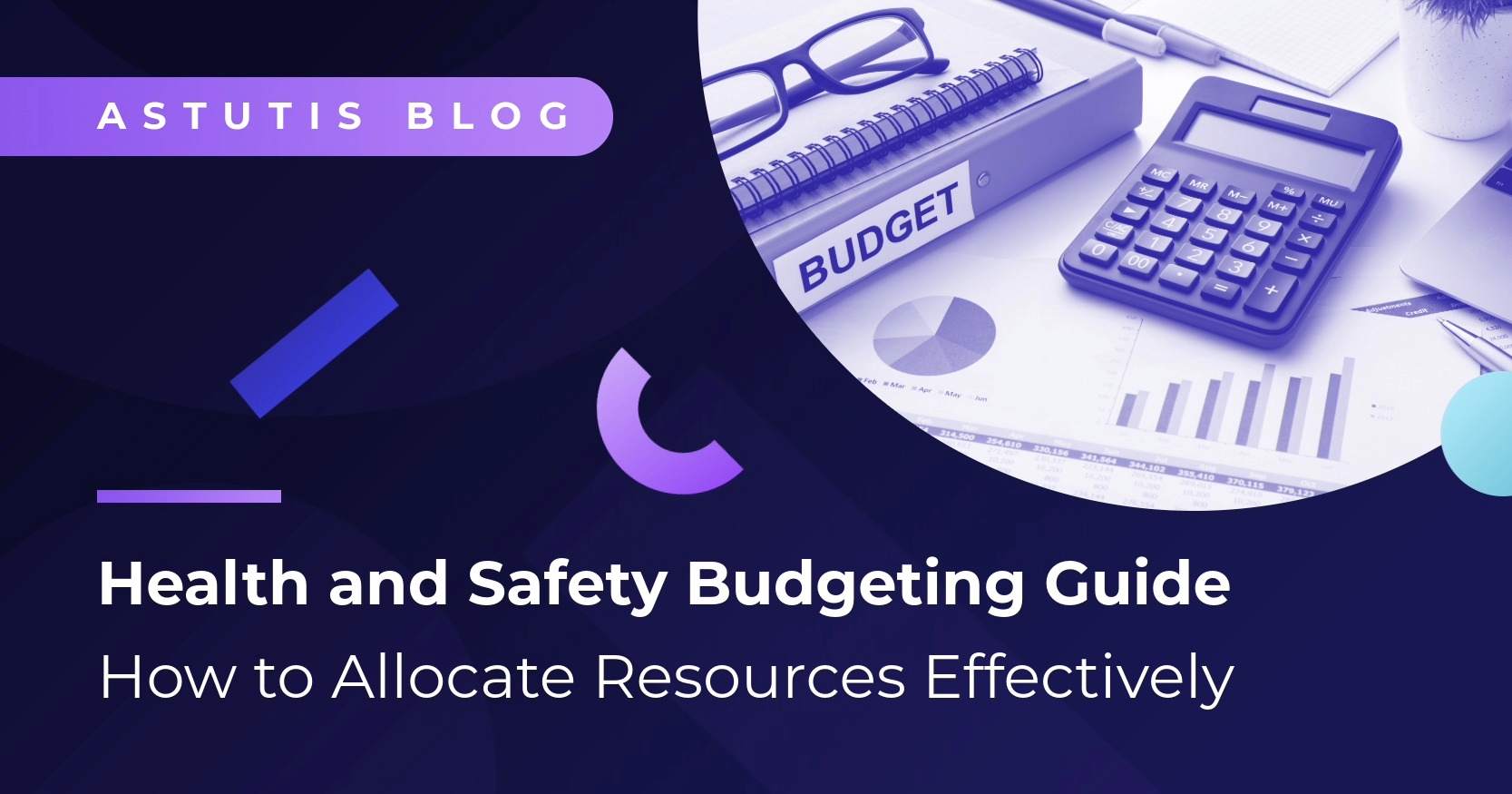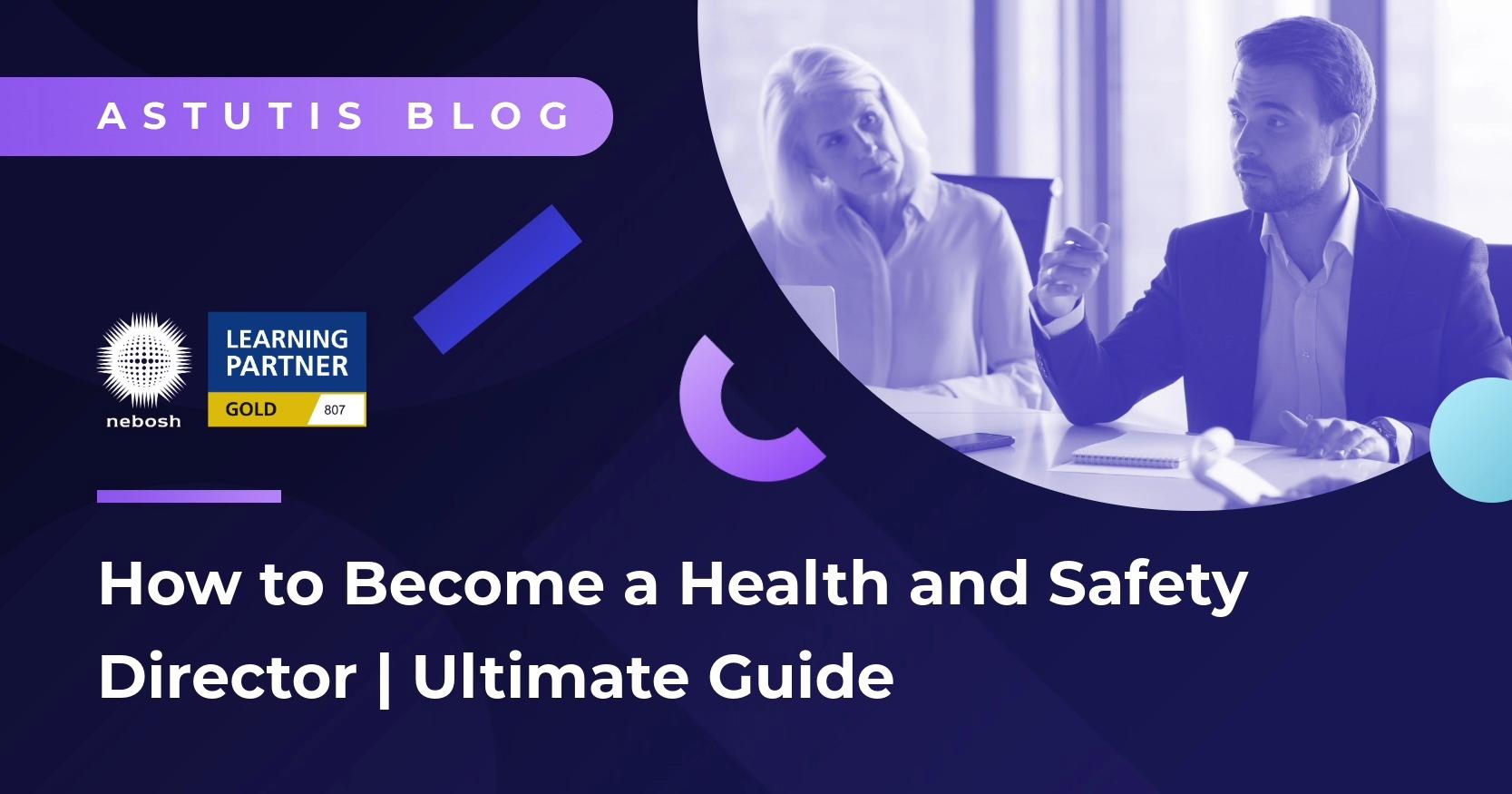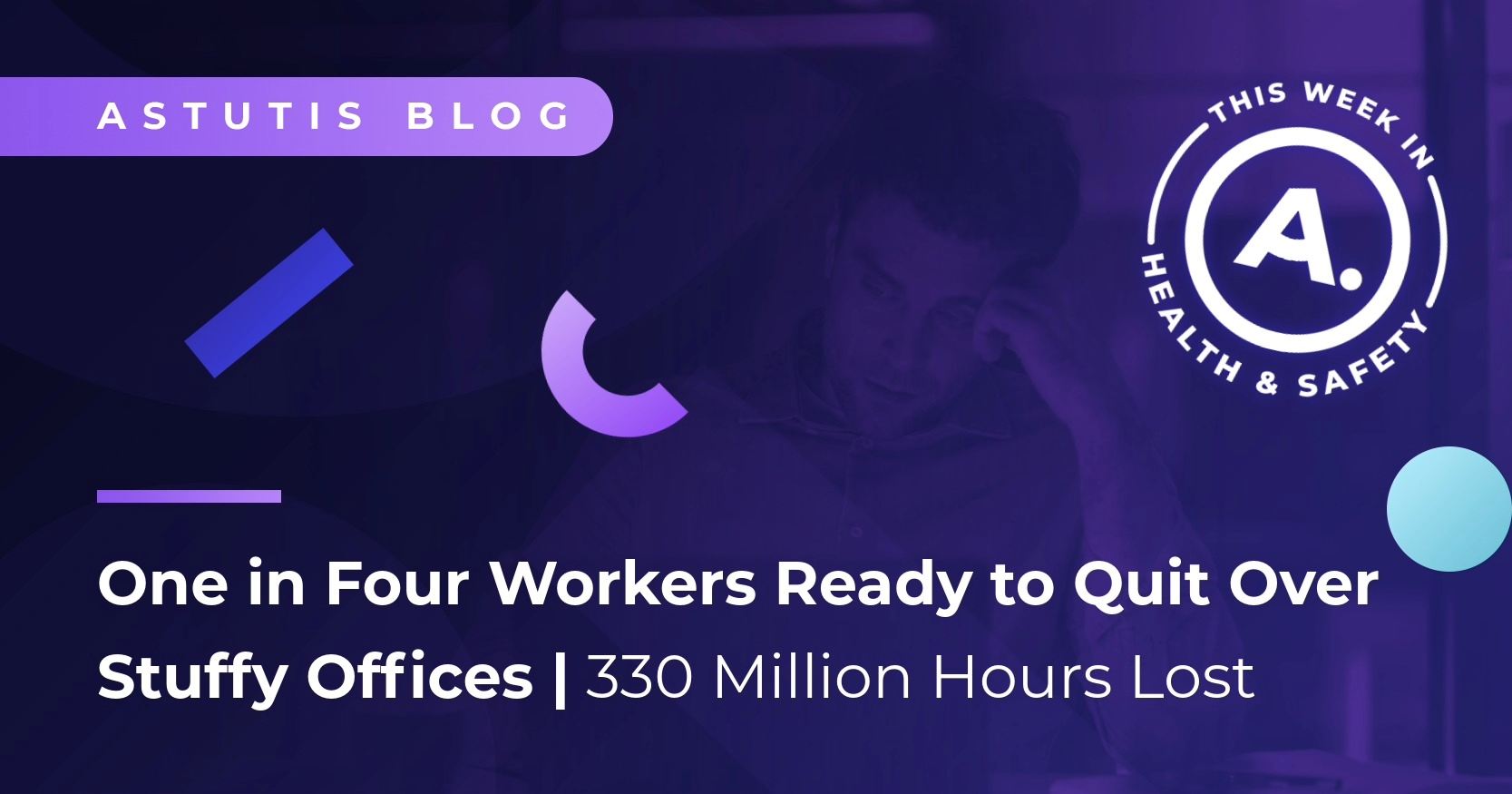The Real Importance of Sustainability in Business
Sustainability. A word which has been bandied about substantially over the last couple of decades or so. Is it just ‘flavour of the month’, greenwash, or something which organisations should embrace?
Sustainability. A word which has been bandied about substantially over the last couple of decades or so. Is it just ‘flavour of the month’, greenwash, or something which organisations should embrace?
It may help if we start by examining what it means.
What is Sustainability?
The accepted definition is referred to as the ‘Brundtland definition’ (so-called because it was coined by the Prime Minister of Denmark during the Rio summit in 1992):
”meeting the needs of today without compromising the needs of future generations to meet their needs.”
It is not exactly something which trips off the tongue, but to date, there isn’t a better one. The problem with this definition is that it doesn’t help us get where we need to be. That is because we have no idea what future generations may need.
In the 1960s, the UK was planning to plant trees to meet the needs of the newspaper industry as demand for paper was increasing inexorably. Who could have foreseen that in the 21st century we would be receiving our news predominantly through electronic media?
Today, the greater need is on the materials which serve the electronics industry, but who knows what we’ll need by 2050?
I would like to offer an alternative definition of sustainability:
“Do not use anything which cannot be replaced within a generation.”
This has two advantages. Firstly, it consolidates the notion of intergenerational equity. It also flags up that if something is created on a long geological timescale - fossil fuels, metal ores, etc. - then inherently, it is not a sustainable material.
If the materials are not sustainable, then there is an imperative to treat them as the rare commodity they are. We are custodians of those materials for the next generation.
For an introduction to the topic of sustainability, check out our blog here.
Sustainability in Business
So, does the concept of sustainability matter? The answer must be: yes.
Without sustainability, many organisations will become unsustainable due to a lack of raw materials. That means that people lose their jobs, shareholders lose their investment, and a business ceases to exist. This has now strayed into the realms of the societal element of sustainability, as well as the financial one.
Sustainability is often referred to in the context of the triple bottom line: ‘people, planet, profit.’ As you can see from above, the three are inextricably linked. It is not possible to have one element without the others falling into place.
For many years, there has been a push for profit at all costs. There is a notion that the business of business is business. This may have been true in the past, but recent scandals show that this is no longer acceptable.
Take the Rana Plaza disaster and the Deepwater Horizon disaster. Both have their roots in commercial gain. The former has a disregard for human life, the second has a disregard for the environment. In each of these cases, the respective companies paid out far more money in compensation than they would have saved by acknowledging responsible operation.
U.S. Coast Guard battles fire on the offshore oil rig Deepwater Horizon on April 21, 2010.
Source: Britannica
Consider Risk and Take Action
This brings us to a definition of sustainability which isn’t sexy and would immediately be dismissed by organisations which have no interest in wider sustainability:
“Operating responsibly.”
It sounds boring. However, ‘operating responsibly’ removes many of the risks which would make an organisation unsustainable, and therefore vulnerable. It’s something which was known by some of the great, well-known philanthropic companies of the UK such as Cadbury-Bourneville, Titus Salt, and Lever Brothers. There are many ways in which companies can become more sustainable.
Each of these companies set up villages with good quality housing for their workers, education for the children of those workers, and provided health care for them, too. They also paid them fair wages.
Over time, Lever Brothers has been incorporated into the global company which we now know as Unilever. Sustainability is seen as critical to the organisation. This is being driven through their supply chain. They also support other organisations to move to sustainability through leadership programmes.
Operating sustainably requires an organisation to consider its risks. These are manyfold and varied, and may be specific to a sector. For example, a bread manufacturer may be concerned about the availability of wheat. A medical device company may be concerned about the availability of rare-earth metals. A packaging company may be concerned about the availability of plastics.
Each of them will be concerned about energy, but they should also be concerned about how they dispose of waste. They are simple business risks and should be viewed as just that. Sustainability is not a magic entity.
Learning from Sustainable Leaders
The UK textile industry was once a mainstay of British industry. It predates the industrial revolution. Indeed, much of the mechanisation which resulted from that revolution was to drive the looms of the wool and cotton industry.
Many of the wins which were gained from mechanisation were squandered. A lack of investment and a desire for cheap labour saw most of the industry move to countries where life is cheap and wages low.
However, one part of the fabric industry remains vibrant: Harris tweed. This once-derided cottage industry has out-survived its mechanised competitors and is now to be found lauded by the likes of Nike.
Why would Harris Tweed be successful when other, large companies have failed? The clue comes back to the root of this piece. They are sustainable; the product has little environmental impact.
Harris Tweed is manufactured from wool, so has no plastic and nylon fibres to clog up our oceans. It has no oil to be drilled to produce artificial fibres. It biodegrades at the end of its (very long) life, so there are no concerns about disposal. It has become a premium product. Its weavers are seen as artisans producing an enduring product with specialist care and knowledge, for a fair wage.
Many large industries would look at this example and laugh. If it isn’t multinational, if it isn’t scalable, if it doesn’t deliver rapid turnabout, it isn’t worth considering. Yet this is to miss the fundamentals of sustainability.
Sustainability and Welfare
A concern for people’s welfare, and the planet, led the United Nations (UN) to develop the Millennium Development goals.
Sadly, the notion of eradicating global poverty is far from being achieved. However, nothing daunted, the UN developed a bigger set of requirements, the Sustainable Development Goals (SDG)s.
The Sustainable Development Goals are clear - any individual or organisation can see the sense in them. None of us wants poverty. None of us wants to be hungry. We all want clean water. We all want to be healthy. David Attenborough’s call to arms regarding caring for the planet has hit a nerve for many people.
Operating sustainably means having access to a competent capable workforce. If they are not adequately rewarded, they are unlikely to stay within the organisation. It means having access to the raw materials required, otherwise there is no business. It means not polluting the planet on which we all rely.
The Future of Sustainability
Even Dr Seuss was aware of our predicament in 1971 when he wrote the children’s book, the Lorax. A rather more accessible, if somewhat less earnest book than that produced by Rachel Carson.
1962 may seem like a long time ago. However, Rachel Carson had already seen the problems which would occur at a global level if we did not operate sustainably.
The good news is that the next generation of school leavers and university graduates are already environmentally aware and switched on to sustainability. They are looking for jobs in organisations which operate sustainably. Practically, this means that if the best graduates go to the most sustainable organisations, the unsustainable organisations miss out on talent.
The philanthropy of Lever brothers et al has already been referenced. Its modern-day equivalent is an organisation which values its workforce and invests in their progress. One that is seen to be actively involved in protecting the planet, and contributes to the global achievement of the SDGs.
If an organisation is not operating sustainably, then by definition, it must be operating unsustainably. How will that be explained to investors?
Sustainable organisations have seen changes. The most successful ones have anticipated change and have been at the forefront of innovation, such as Elon Musk’s Tesla. Or, they have adopted tried and tested ‘old’ methods.
Adams Brewery has a green roof and a reed bed. Their water recycling through the reed bed means that they have less reliance on towns water. Their green roof means that they have pollinators for their essential crops. Their green fleet means that they save money on deliveries.
Moving Forward
Hopefully, you can see by now that the environmental component of sustainability is a ‘no brainer’. Every time you do the right thing, you save money. Which organisation doesn’t want that?
‘Reduce carbon output’ actually translates as ‘use less energy’. ‘Reduce waste outgoings’ translates as ‘don’t buy so much stuff that you don’t need’. Just two examples from activities which cost unnecessary money.
With that in mind, when will your organisation turn to sustainability? When will you ensure that your workforce, from the board right down to the cleaners, understand what it means to be sustainable? When will you move to be transparent about your operations?
Unless you embrace sustainability, you will be unsustainable, and no-one wants that.
Sustainability Training
If you're interested in developing your workforce in sustainability, take a look at our suite of IEMA-accredited online courses. The quick, cost effective way to teach you and your employees the environmental and socio-economic risks your business is facing.
Related Blogs

Real Life Stories









